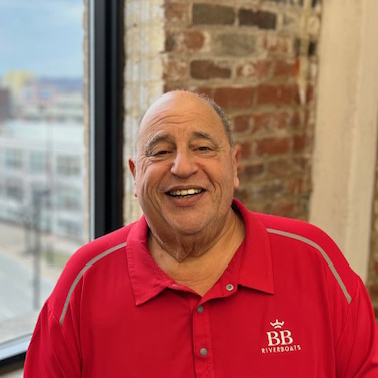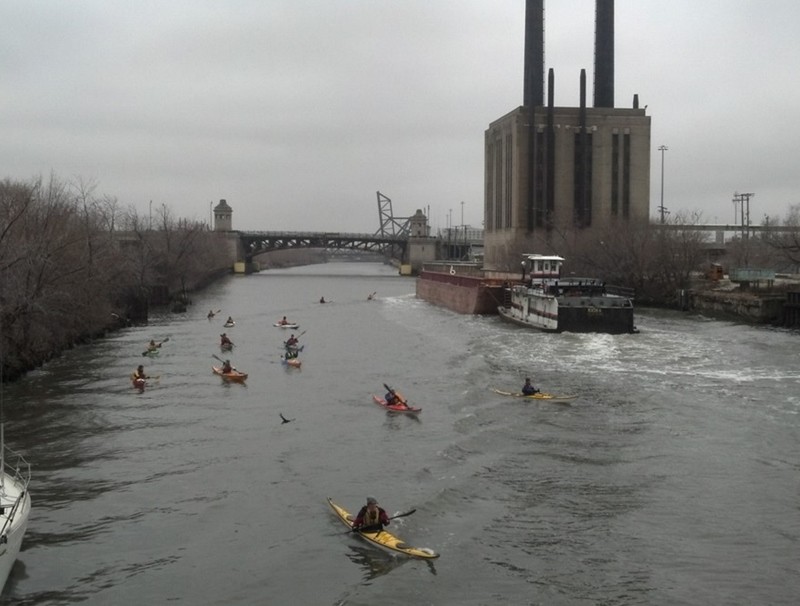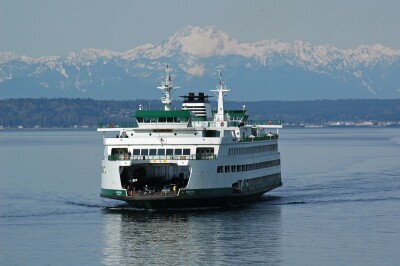Memorial Day weekend is traditionally the unofficial start of the summer season in my area. It brings an influx of all types of personal boats as people flock to our waterways for recreation. Professional mariners must be on high alert to expect the unexpected.
Just over two weeks ago on Memorial Day in Richmond, Va., a group of 12 young people in kayaks and paddleboards unexpectedly went over a dam in high water on the James River, resulting in the drowning of two and a harrowing rescue of the others by first responders.
I was recently out on the Ohio River aboard the Belle of Cincinnati when I witnessed a close encounter between a pleasure boat full of people and a southbound tow of 16 barges. The small pleasure boat was anchored in the middle of the river. As the tow started through the first bridge, the pilot probably could not see the pleasure boat. But when he got down to the second bridge, he saw the boat and began a series of whistle blows. Unfortunately, the pilot could not get the attention of the small recreational vessel. As the tow continued downriver it sounded the danger signal to no avail and it started backing hard. As the scene unfolded, it appeared that the tow would not be able to avoid running over the recreational boat. I was about to make an all-hands-on deck call to my crew when the small boat pull up its anchor and moved out of the way.
Similar scenes will unfortunately occur over and over again this summer season. How do we prevent or reduce this from happening? Require all recreational boaters to have a license. This would ensure that they have training and a good understanding of the maritime rules-of-the-road. Recreational boating has become so popular that it demands a higher level of training and understanding. To allow untrained individuals to operate recreational boats on busy navigable waterways is akin to allowing unlicensed individuals to drive cars on our nation’s highways. It is simply unsafe.
I support giving access to all who wish to enjoy our nation’s waterways, but we must do it safely. Education, training and licensing are the keys to ensuring the safety and well-being of everyone.





